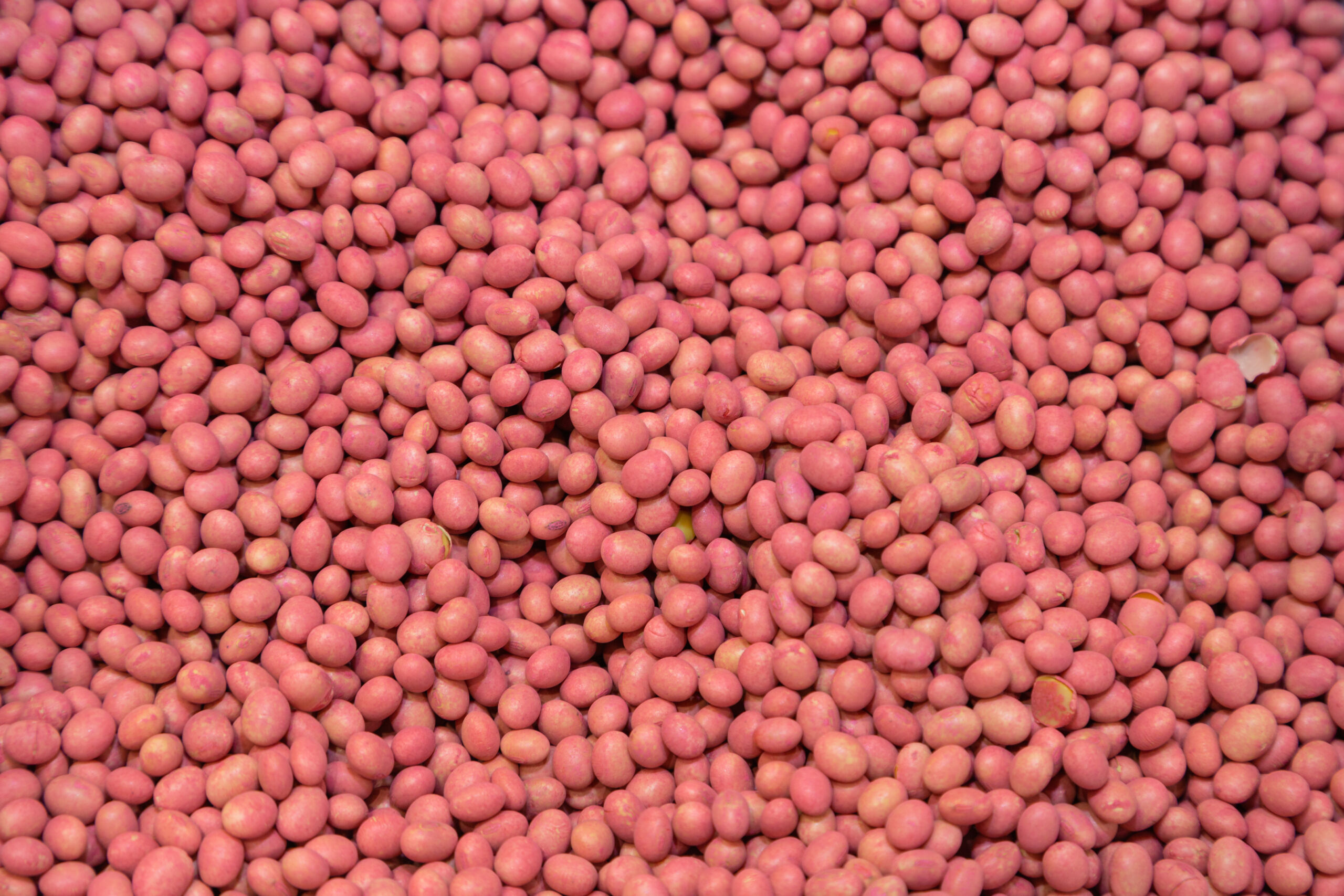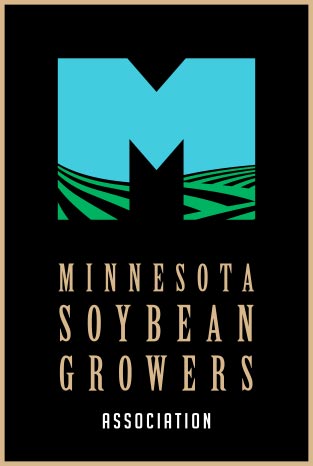MSGA, MN Corn Growers advocacy leads MPCA to withdraw rulemaking process for pesticide treated seed disposal
MSGA, MN Corn Growers advocacy leads MPCA to withdraw rulemaking process for pesticide treated seed disposal

Following a sustained advocacy push from Minnesota farm groups, the Minnesota Pollution Control Agency (MPCA) announced Nov. 3 that it’s withdrawing the rulemaking process for pesticide treated seed disposal. The withdrawal follows a May report from the Administrative Law Judge (ALJ), which disapproved of the MPCA rulemaking because of procedural errors made by MPCA in the rulemaking process. If MPCA decides to proceed with the rulemaking, the agency will need to start from the beginning.
The withdrawal is a positive development for the farm groups that collaborated to oppose this rulemaking since it was first proposed by the Minnesota Legislature.
“The withdrawal of the treated seed rulemaking process is a win for the farm groups who have argued against this misguided policy since first proposed at the legislature,” said Wesley Beck, president of the Minnesota Corn Growers Association. “Treated seed is a vital crop production tool for Minnesota’s corn farmers, who responsibly steward the product and use it judiciously given its cost.”
After several years of successfully blocking this proposal at the Legislature, the DFL trifecta in 2023 directed the MPCA to initiate rulemaking on disposal rules for unused and unsold pesticide treated seeds. The farm groups have contended for several years that unused and unsold treated seeds do not meet the definition of solid waste, and disposal of unused and unsold treated seed is not a big enough problem to warrant regulatory action from MPCA.
“During the regulatory process it came to light that MPCA was grossly overestimating the amount of unused and unsold treated seed in Minnesota to justify this new regulatory process,” said Darin Johnson, president of the Minnesota Soybean Growers Association (MSGA). “MSGA and our farm group partners will continue to point out these errors and strenuously defend the use of federal approved crop production products for our members and farmers across Minnesota.”
Due to the procedural errors MPCA made during the rulemaking process, the ALJ didn’t get a chance to weigh the farm groups’ arguments about whether the rules are needed or reasonable. If MPCA initiates the rulemaking process again, the farm groups will continue to argue that the rules are unnecessary.
In March 2025, Johnson testified during an MPCA hearing to highlight the benefits of seed treatments on his Wells, Minn., farming operation.
“Seed treatments reduce our overall pesticide use by applying small, precise amounts of active ingredients directly to the seed, helping reduce the overall chemical load in the environment,” Johnson said.
MSGA Executive Director Joe Smentek, who testified in defense of treated seed during the 2023 Legislative Session, called the withdrawal one of the most crucial regulatory wins in his 12 years with MSGA. He said MSGA’s policy efforts alongside MCGA underscore the importance of becoming a member of farm advocacy groups.
“It’s one less regulation that farmers have to deal with, which is huge for our members,” Smentek said. “There’s a lot more we could achieve, but we need the momentum that membership support gives organizations like ours.”
Click here to join MSGA.


